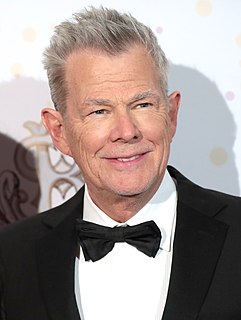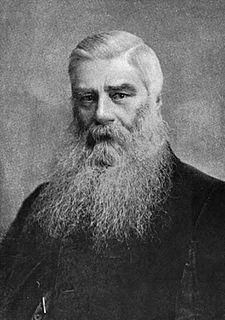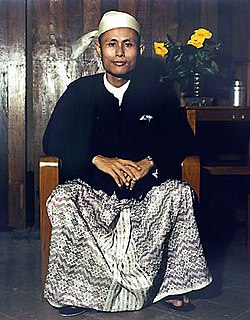A Quote by David Foster Wallace
The truth is that the heroism of your childhood entertainments was not true valor. It was theatre. The grand gesture, the moment of choice, the mortal danger, the external foe, the climactic battle whose outcome resolves all--all designed to appear heroic, to excite and gratify and audience. Gentlemen, welcome to the world of reality--there is no audience. No one to applaud, to admire. No one to see you. Do you understand?Here is the truth--actual heroism receives no ovation, entertains no one. No one queues up to see it. No one is interested.
Related Quotes
Mankind's common instinct for reality has always held the world to be essentially a theatre for heroism. In heroism, we feel, life's supreme mystery is hidden. We tolerate no one who has no capacity whatever for it in any direction. On the other hand, no matter what a man's frailties otherwise may be, if he be willing to risk death, and still more if he suffer it heroically, in the service he has chosen, the fact consecrates him forever.
Few of us will do the spectacular deeds of heroism that spread themselves across the pages of our newspapers in big black headlines. But we can all be heroic in the little things of everyday life. We can do the helpful things, say the kind words, meet our difficulties with courage and high hearts, stand up for the right when the cost is high, keep our word even though it means sacrifice, be a giver instead of a destroyer. Often this quiet, humble heroism is the greatest heroism of all.
An aspiring comedian must be determined to get to his or her true feelings on a subject and convey that to the audience. Figure out what you're feeling or interested in because the goal is to get the audience interested in what you're interested in. Good stand up comedy is drawing people into your head.
To be a true hero you must be a true Christian. To sum up then, heroism is largely based on two qualities- truthfulness and unselfishness, a readiness to put one's own pleasures aside for that of others, to be courteous to all, kind to those younger than yourself, helpful to your parents, even if helpfulness demands some slight sacrifice of your own pleasure. . .you must remember that these two qualities are the signs of Christian heroism.
My audience is made up of two groups of people. The first group includes people whose roots are deep in the Christian faith, but for whom the traditional symbols, as traditionally understood, no longer make sense. The other audience is the audience that has left. I call them the Church Alumni Association, citizens of the secular city. They are a bit nostalgic about this faith of their childhood, but they aren't really interested in trotting it out or becoming involved with it again as it is presently organized.
I am well aware that there is such a great craving in man for heroism and the heroic, and that hero worship forms not a small motif in his complex. I am also aware that, unless man believes in his own heroism and the heroism of others, he cannot achieve much or great things. We must, however, take proper care that we do not make a fetish of this cult of hero-worship, for then we will turn ourselves into votaries of false gods and prophets.
On camera, the audience can see your eyes close up - they can see behind your eyes - and when you're on stage, you need to make sure that the person sitting in the back row can feel what's happening behind your eyes, even if they can't see them. Having a live audience is exhilarating and exciting all on its own, but you know, it is quite different.





































